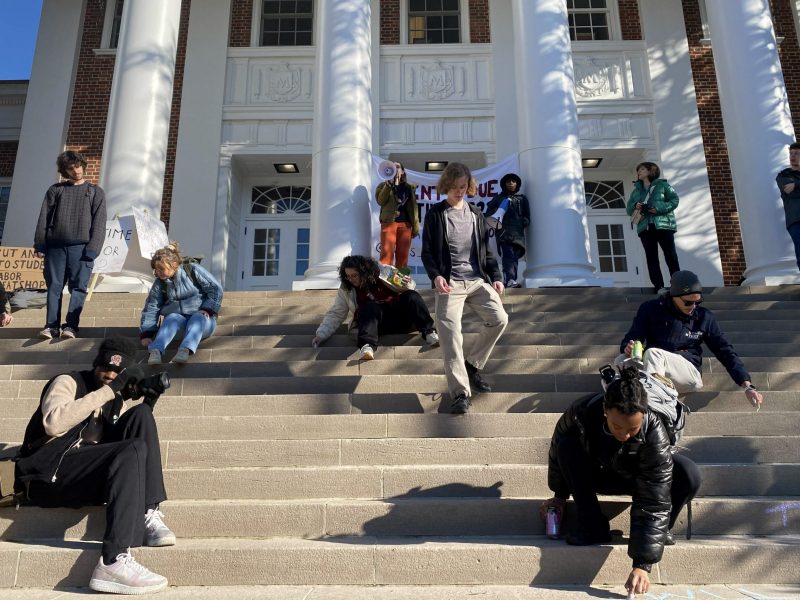Views expressed in opinion columns are the author’s own.
Plus-size model Barbie Ferreira recently spoke out on Instagram on how commodified the “body-posi” movement has become, and she’s not the only one who’s unhappy with the current progress of body-positive activism. Ariel Woodson, co-producer of the intersection feminist podcast Bad Fat Broads, rejected the corruption of the movement by saying, “I generally don’t identify as a ‘body positive’ individual because I think the term in its current iteration actively excludes fat people and other marginalized bodies.”
For those who are unfamiliar, the “body-posi” movement is a growing galvanization of individuals who see current beauty standards as toxic. One notable definition comes from plus-sized style blogger Marie Denee who defines “body positivity” as “accepting your body, curves, rolls, lumps, bumps, and all and accepting it as worthy … of love, of existing, of receiving the same level of value placed upon it as the next body. It is radical self-love, despite society’s ideals of beauty.”
Many people and corporations have appropriated this moment to celebrate white women who are but a hair away from the attainable standards that they themselves criticize. One example is model Iskra Lawrence, who took to a NYC subway in November to strip down to her privies and give an impassioned speech about why people should love their own bodies as she has learned to love hers. Lawrence is far from the “heroin chic” body type that was idealized in the 1990s and early 2000s, and girls like her, who fall somewhere between our perceptions of what “thin” and “fat” look like, are still an important part of the effort to represent the entire body type spectrum. But a serious issue comes into play when she is praised endlessly for her public show of self-love, while unapologetically fat black girls like La’Shaunae Steward are attacked online for simply posting an Instagram selfie.
The attitudes toward body types have been changing for quite some time. We have certainly come a long way from the days when models like Kate Moss, who is credited with the motto “nothing tastes as good as skinny feels,” dominated the runways. There has been an outcry of change against the underweight, white, 5’10” ideal promoted by the fashion industry. Some examples of this have popped up very recently, with brands like Target, ModCloth and Aerie announcing that they will release their newest swimwear campaigns without editing photos of their models. Brands are now more likely to come under fire for unrealistic campaigns, models or mannequins. Of course, these efforts are important, but they are halfhearted and incomplete. It’s nice to use unretouched photos, but when all those photos are of thinner-than-average, cisgender, white or exclusively light-skinned black girls, there is still a serious lack of congruence between the models advertising the clothing and the people who buy it.
The true aims of the body-posi movement are that every body is valuable, not just the ones reflected in ads.
Kendrick Lamar put it simply: “Show me somethin’ natural like ass with some stretch marks.” Body positivity is about loving the so-called “ugly” parts of us. It’s about affirming the inherent beauty in all races and sizes and gender identities. We need to be welcoming and loving of every body type, beyond just curvy or thick. Let’s not confuse these terms with inclusivity.
Erin Hill is a freshman psychology major. She can be reached at erin.mckendry.hill@gmail.com.



